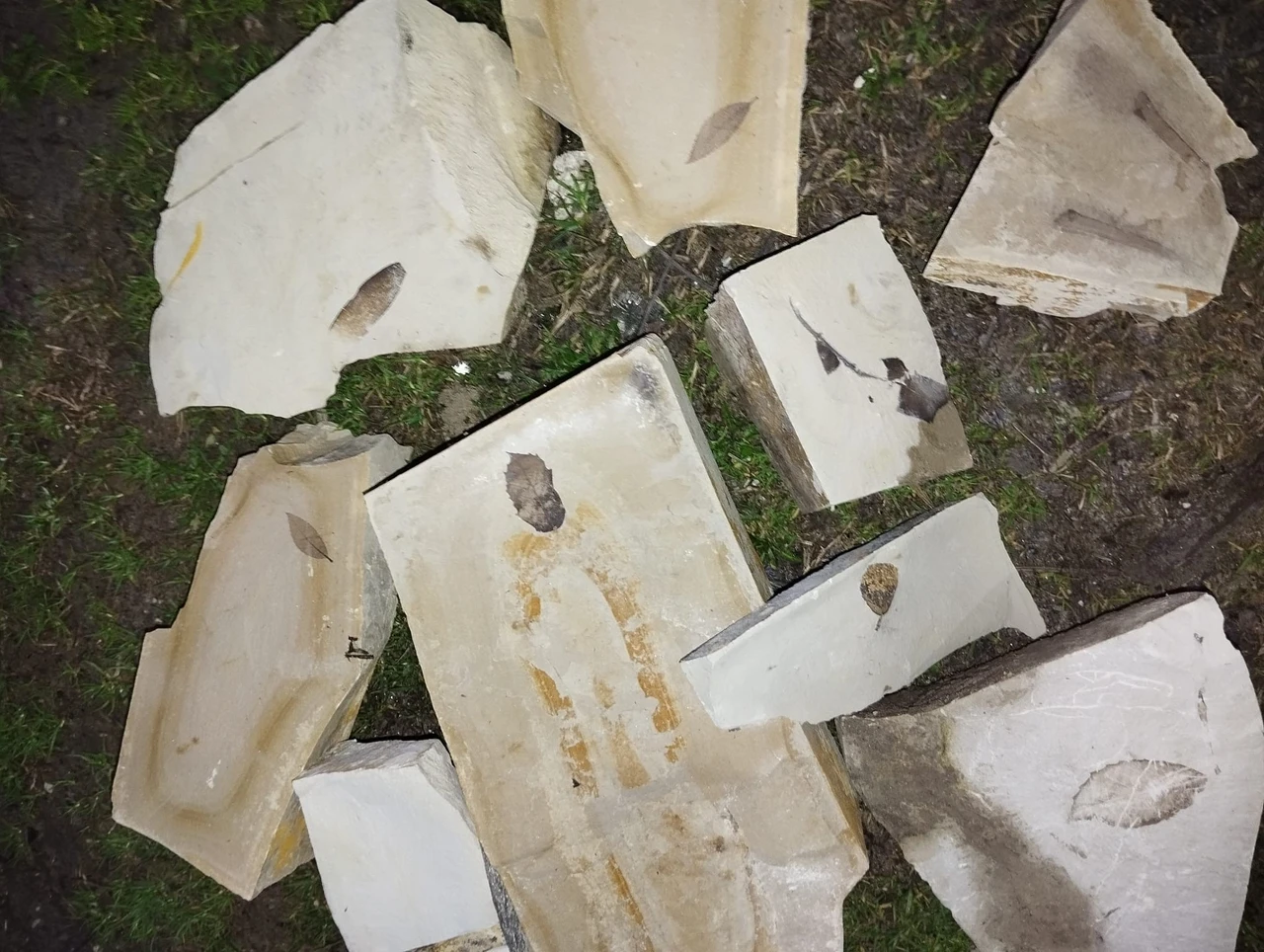Gobeklitepe controversy leads to removal of trees—here is why
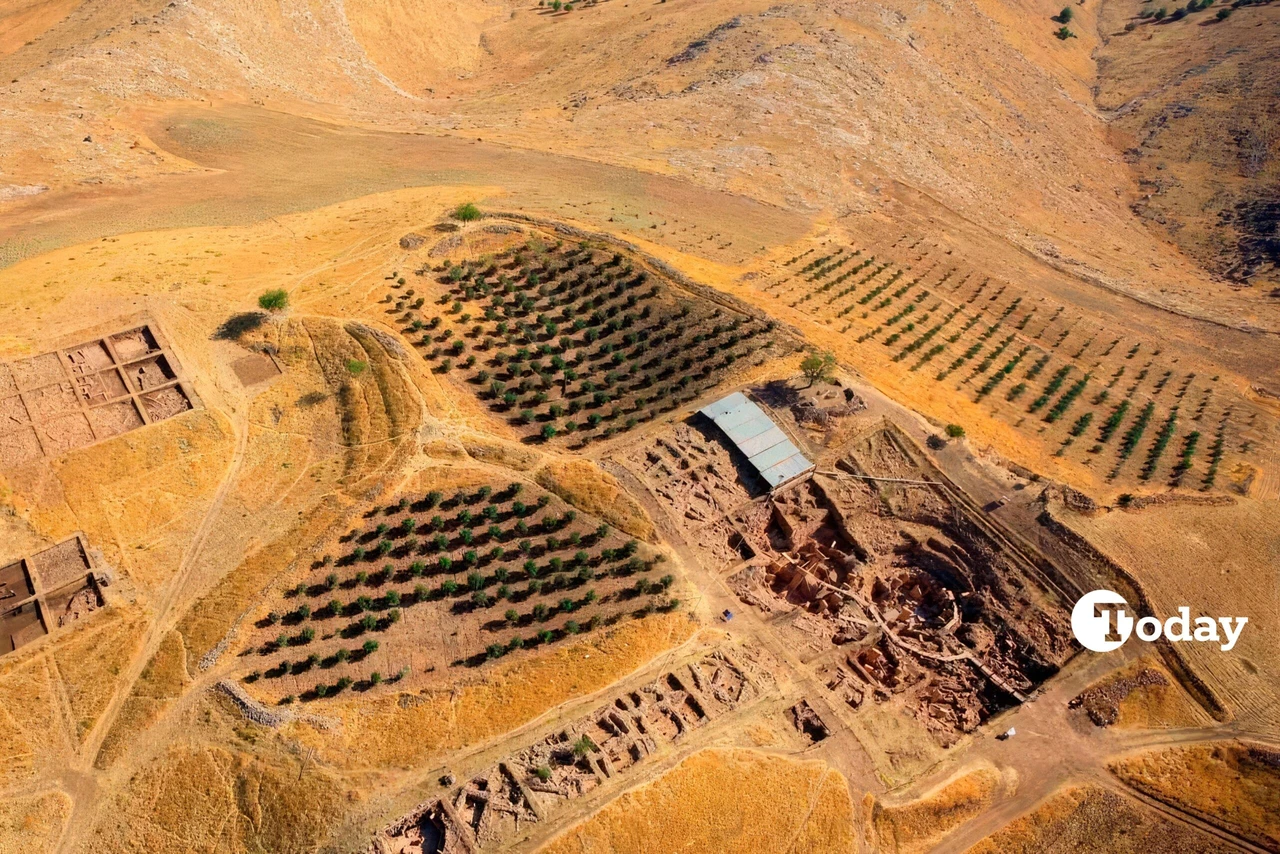 Aerial view of Gobeklitepe and olive trees in 2011. (Photo via E. Kücük).
Aerial view of Gobeklitepe and olive trees in 2011. (Photo via E. Kücük).
Gobeklitepe, the world’s oldest cult center, has once again become the center of online controversy. A recent video shared by an unofficial social media page has fueled speculation about the state of excavations at the UNESCO-listed site in southeastern Türkiye.
A post on the Instagram page managed by the family who owned the land before the excavations at Gobeklitepe began stated, “Our family planted the olive trees before the expropriation, between 2004 and 2005.” This video, which surfaced on Wednesday, shows ongoing efforts to remove and relocate trees in the vicinity of the site. However, last year, international and national media reports claimed that these trees were newly planted to block the excavations.

This footage has reignited discussions that initially emerged in mid-2024, claiming that excavation activities had been halted due to external interference and tree plantations in the area.
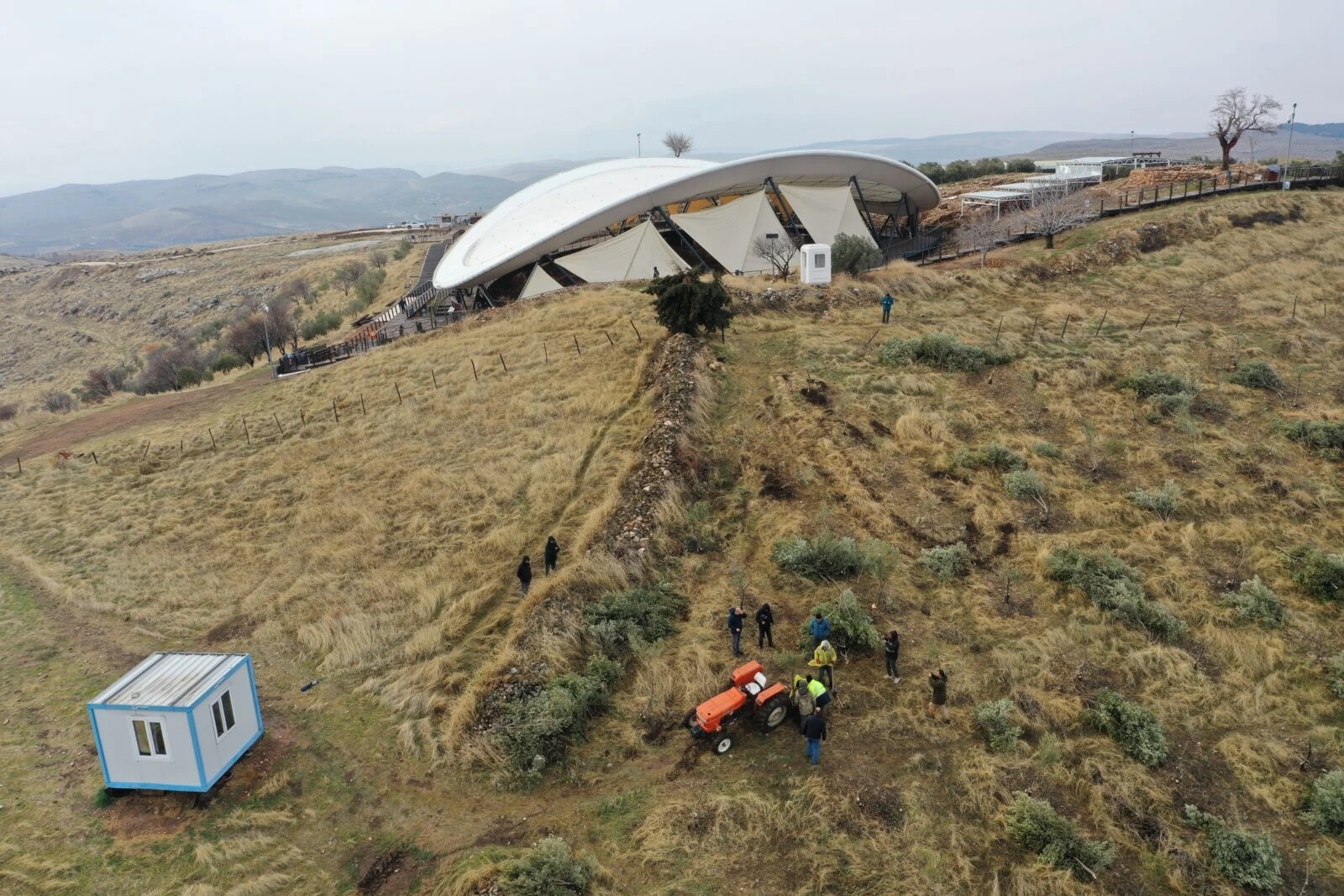
Olive tree relocation clears way for expanding excavations at Gobeklitepe
According to the Anadolu Agency, the trees are meticulously uprooted and handed over to the Sanliurfa Regional Forestry Directorate for replanting in designated areas in Sanliurfa and Birecik. Trees requiring rehabilitation are first potted before replanting.
Archaeologist Professor Necmi Karul, head of the Gobeklitepe and Karahantepe excavations, revealed that the trees were planted in recent decades due to landowners seeking expropriation compensation. Over time, their growing roots began to threaten the site’s fragile underground structures.
“These trees must be moved to prevent further damage,” Karul emphasized. “We’ve waited for the right season, and now is the ideal time.”
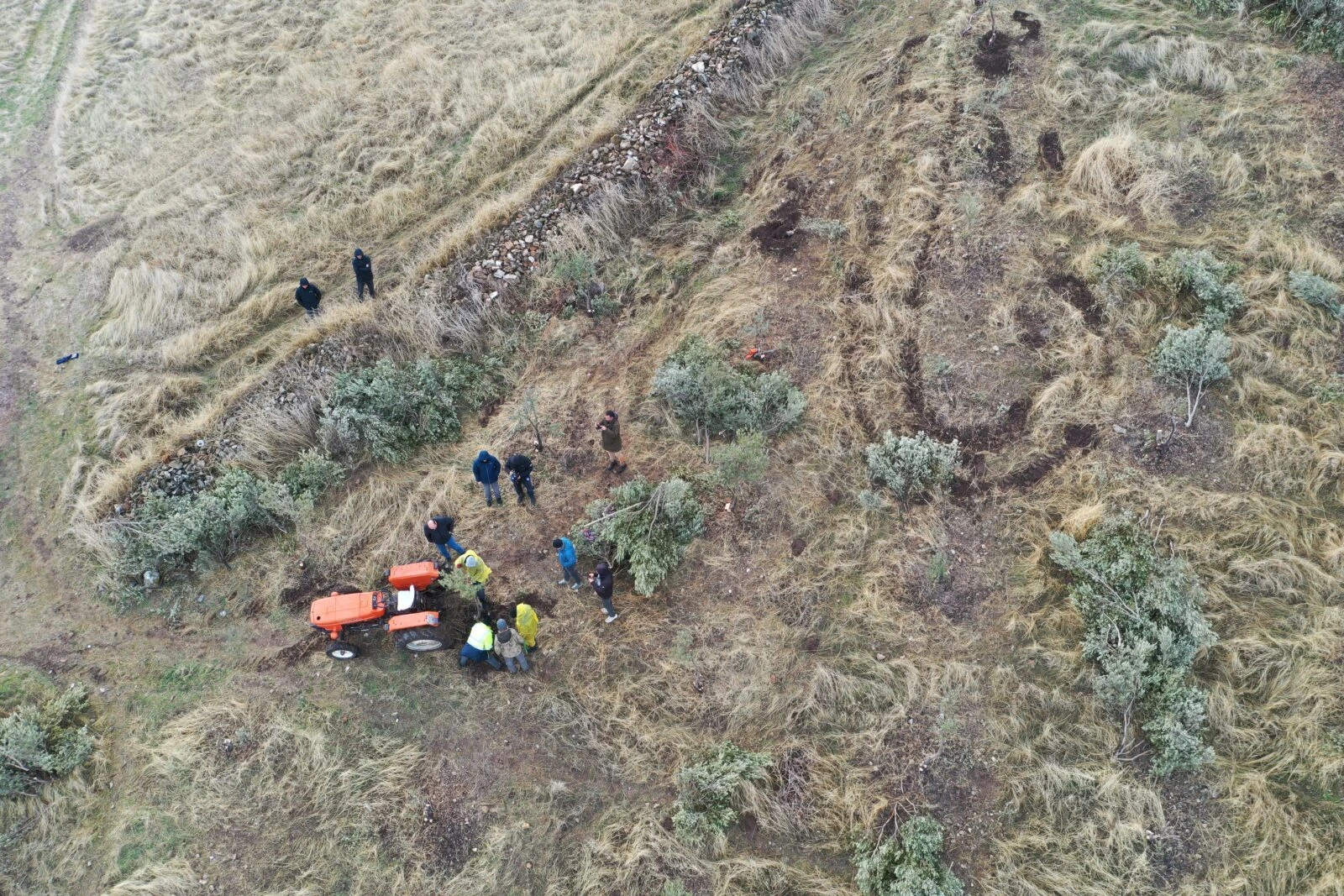
The relocation is expected to facilitate future excavations, with geoelectromagnetic surveys planned for the cleared areas to determine next year’s excavation strategy. Karul highlighted that while protecting the ancient structures is the top priority, environmental conservation remains equally crucial.
“Around 800 olive trees cover a much larger area than the excavated site, restricting further archaeological work. Their relocation will allow us to expand our research without harming nature,” he stated.
Karul reaffirmed that no trees would be cut down, ensuring both the site’s cultural heritage and surrounding ecosystem remain intact.
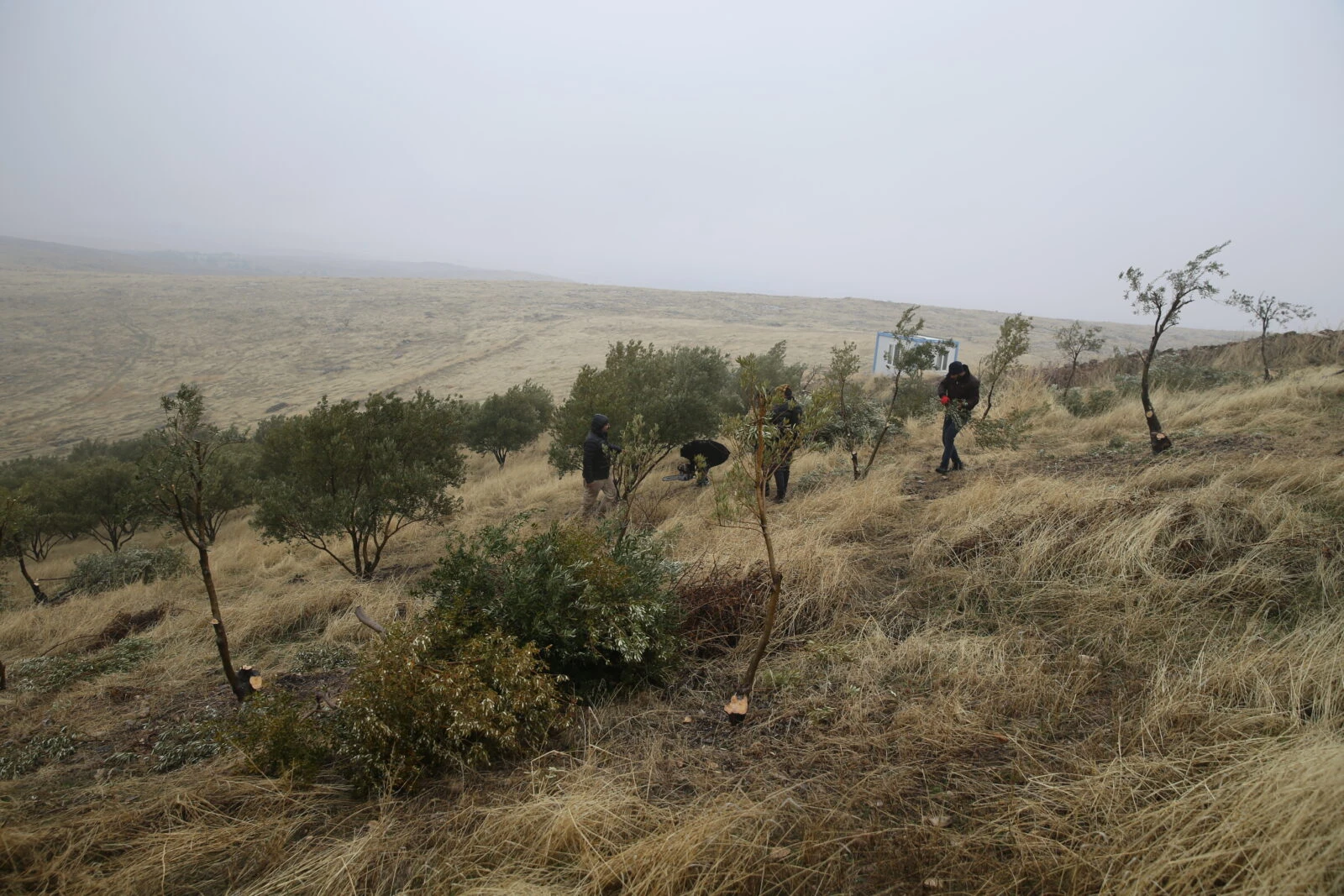
Excavation head denied claims that work had been halted in 2024
Professor Necmi Karul, addressed these concerns last year, firmly stating that archaeological work at the site was continuing without interruption. He dismissed allegations that international organizations, including the World Economic Forum (WEF), had interfered with the research.
“In Türkiye, no scientific project can be dictated or halted by foreign entities. Such claims are completely baseless,” Karul emphasized in his previous statement.
“We have been working in the covered excavation areas, particularly where the wild boar statue was discovered. There are still tasks to complete, including the reinforcement of standing pillars and structural walls,” he explained.
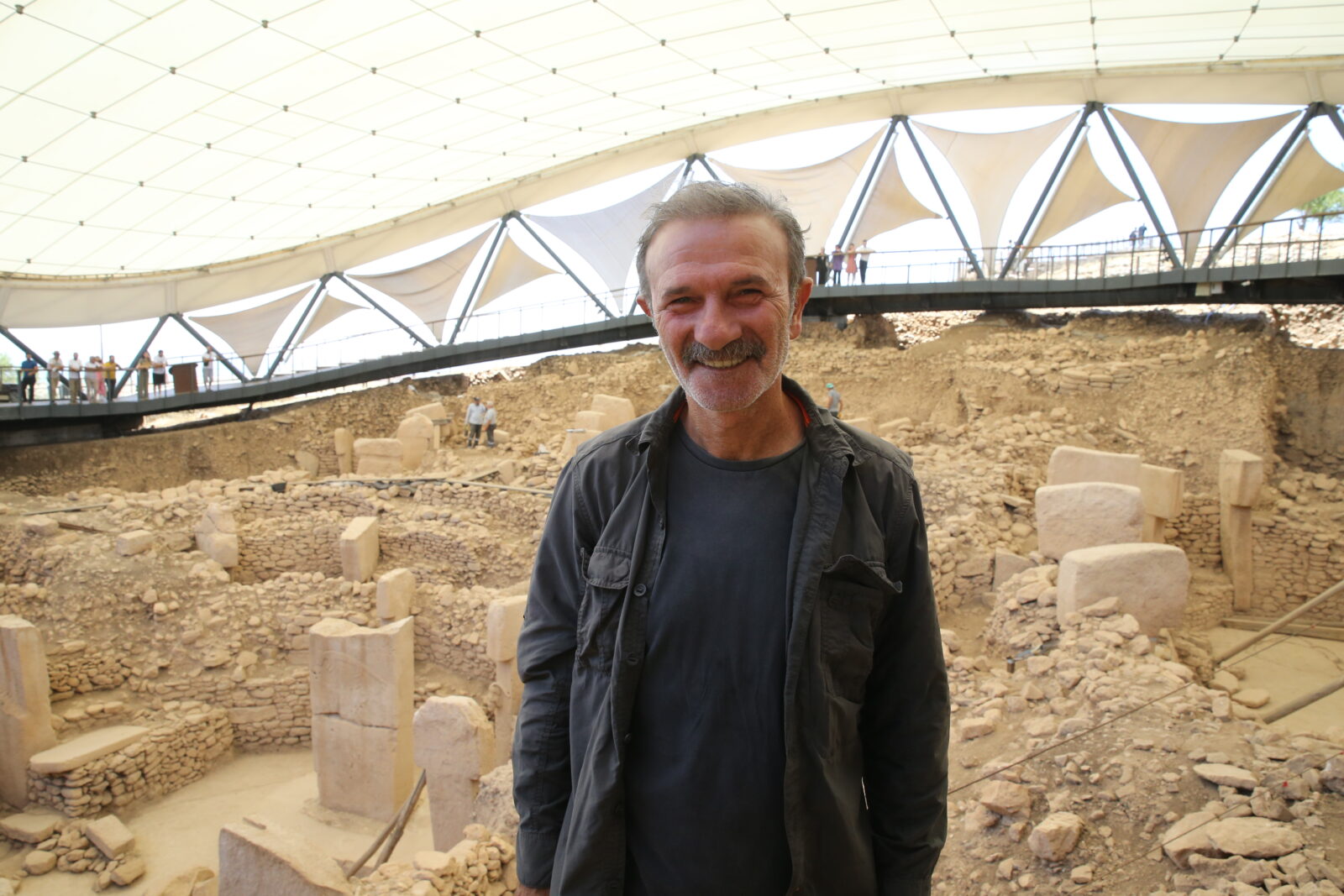
Why were trees planted near Gobeklitepe?
One of the key arguments in social media debates has been the presence of newly planted trees near the site. Karul clarified that these trees were planted by local landowners before the land was officially expropriated. The intention, he noted, was to increase the compensation value of the land rather than to disrupt archaeological efforts.
“The removal of these trees has been under discussion for a long time. This is not a hidden issue; landowners themselves have acknowledged it. The excavation team has been working to ensure the proper relocation of the trees, and we expect this process to be completed soon,” Karul explained in July 2024.
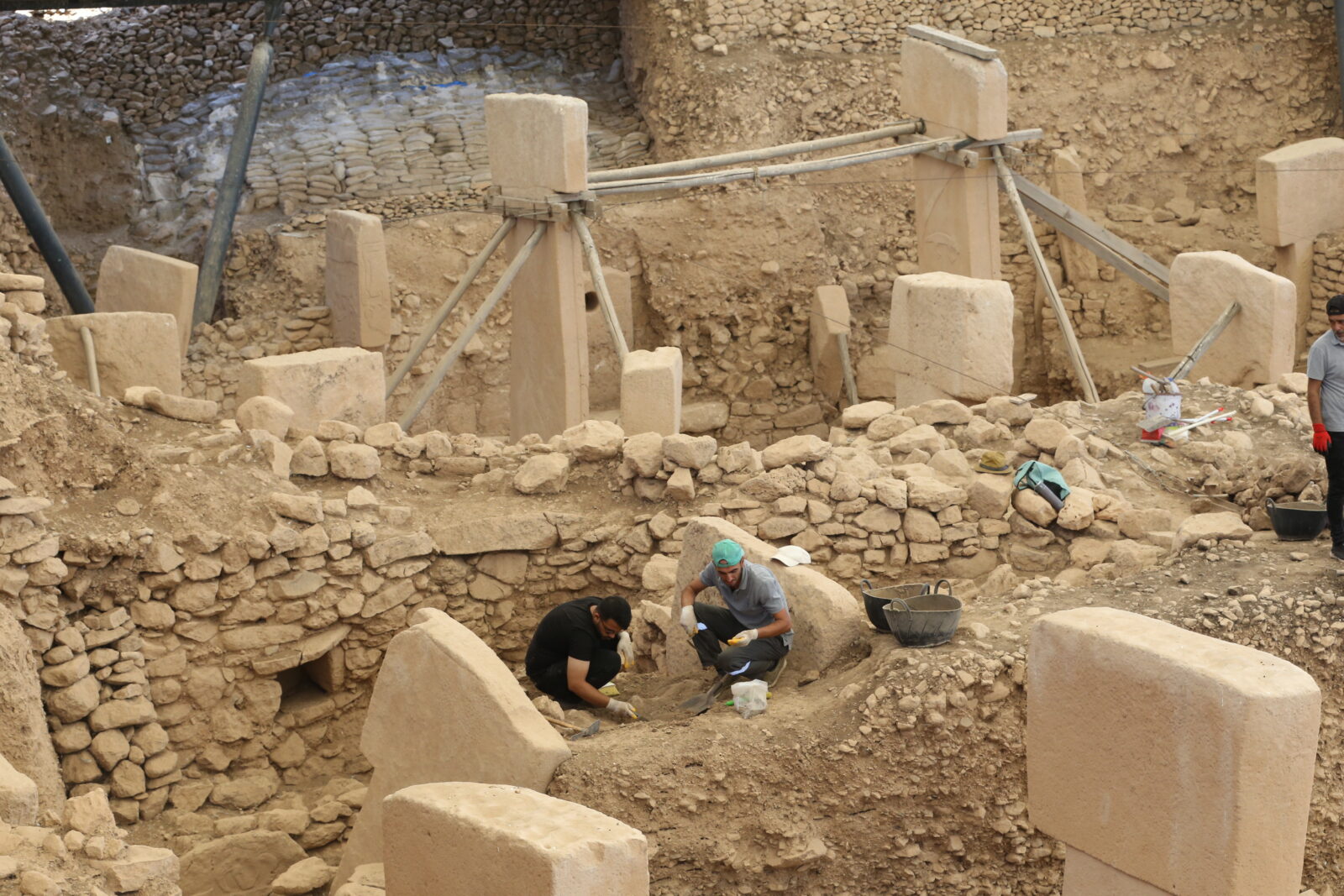
Protecting Gobeklitepe’s archaeological integrity
Karul reiterated that the primary concern of archaeologists is preserving the integrity of the site and its buried structures. “Our duty is to protect the ancient remains. Other administrative matters are beyond the scope of archaeology, but we believe they will be resolved soon,” he added.
‘Speculations distract from scientific discoveries’
Expressing disappointment over the repeated spread of misinformation, Karul urged the public to focus on the scientific and historical significance of Gobeklitepe rather than unfounded rumors.
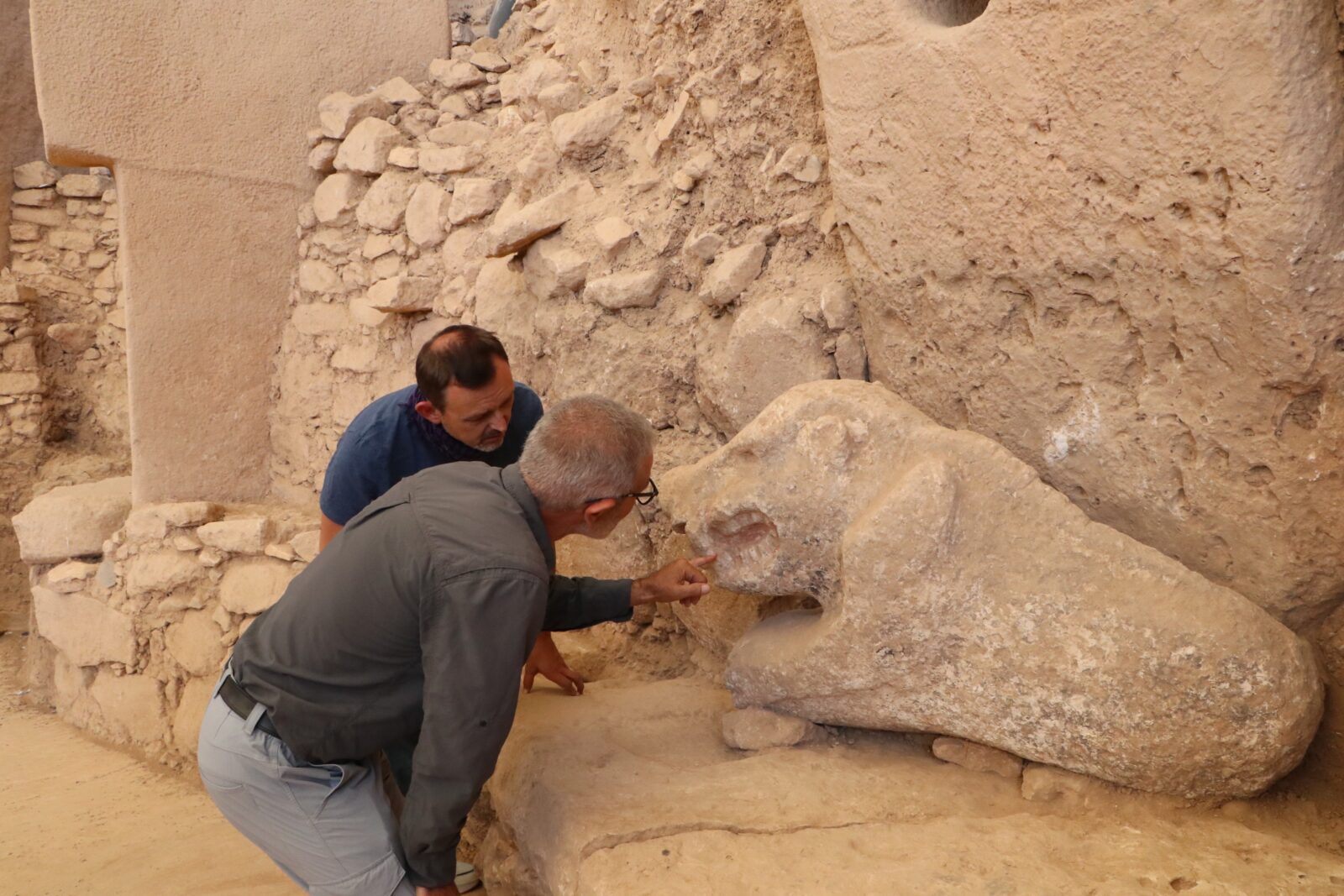
“It is frustrating that instead of discussing our remarkable discoveries, we have to address baseless claims. These distractions waste valuable time. We hope people will disregard such rumors and focus on the extraordinary archaeological heritage of Gobeklitepe,” he concluded.
World’s oldest cult center still holds secrets
Gobeklitepe, dating back 12,000 years, continues to provide groundbreaking insights into early human civilization.
Despite the recent wave of speculation, excavation efforts remain ongoing, and archaeologists remain committed to unveiling more secrets hidden beneath the ancient soil of Türkiye’s historical treasure.



